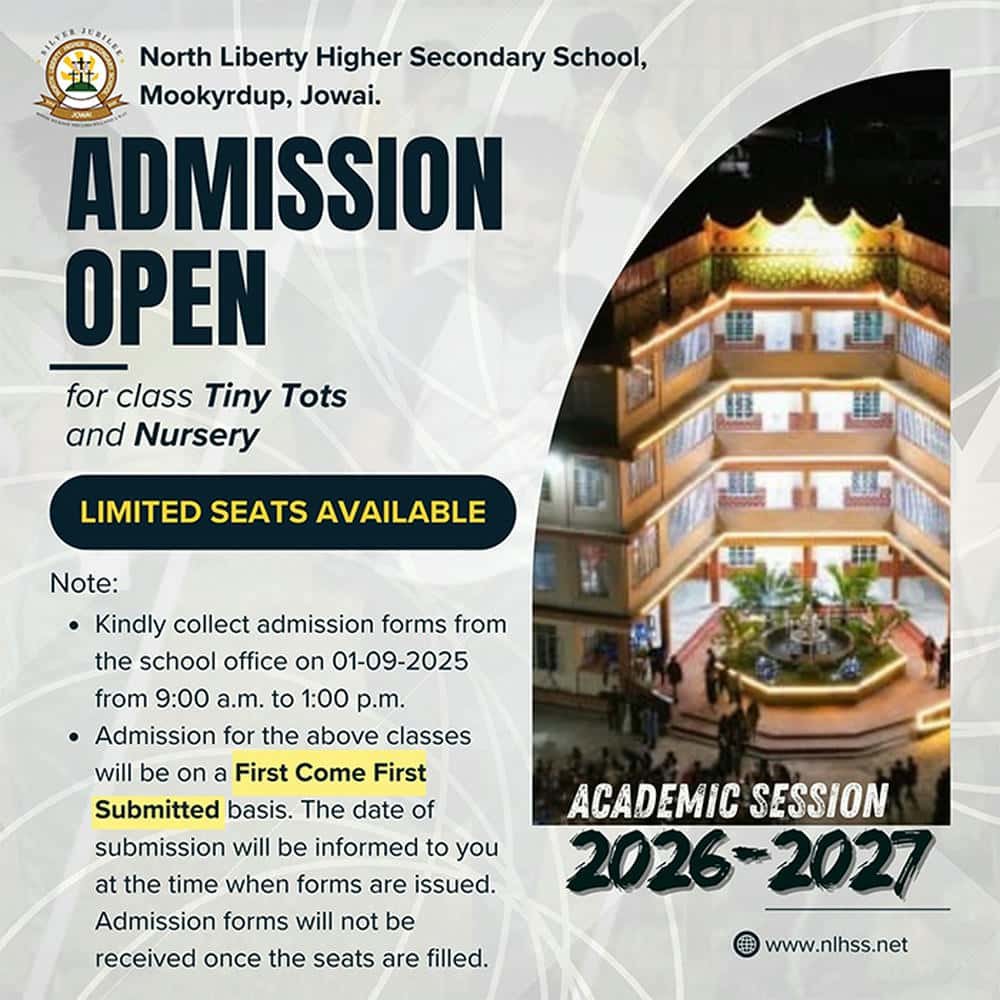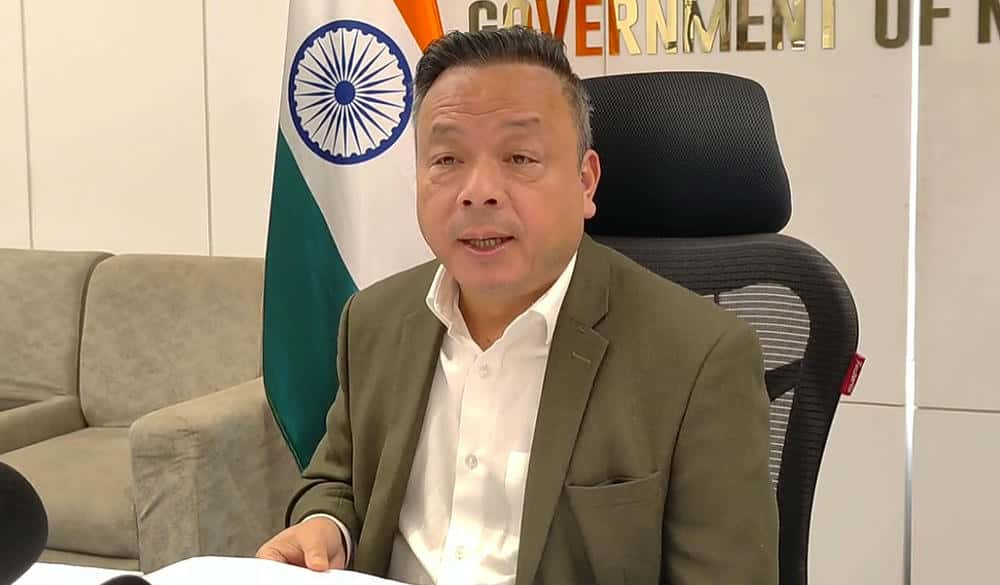Conditional support, not blank cheque: Govt’s offer to Meghalaya ADCs

The state government’s proposed bailout for Meghalaya’s autonomous district councils (ADCs) comes with strings attached, with cabinet minister Paul Lyngdoh saying that financial aid will only be extended if councils commit to reforms in staffing, revenue collection, and overall management.
Speaking to reporters on Thursday, the United Democratic Party (UDP) leader described the move as a reform-based bailout plan intended to prevent the financial collapse of the ADCs. He stressed that the offer was not a “blank cheque” but conditional support requiring reforms.
The government has formed three sub-committees to engage with the Garo Hills Autonomous District Council (GHADC), Khasi Hills Autonomous District Council (KHADC) and Jaintia Hills Autonomous District Council (JHADC). These panels will study and recommend financial reforms, including rationalisation of staffing and timely payment of salaries, and submit their reports within 45 days.
“It is very important to distinguish between voluntary funding and something that is mandatory. At least a couple of these ADCs are about to crumble financially. If they carry on with the current style of functioning, revenue collection and overstaffing, they will collapse within three to four years. Before we reach that point, this is an offer that you reform, and for this reform we are supporting you financially,” Lyngdoh explained.
The minister pointed out that some ADCs are overstaffed, with one council reportedly employing around 1,500 staff—a figure he said is “unsustainable.” The state’s proposal requires councils to rationalize staffing, strengthen revenue collection, and adopt sustainable practices in exchange for financial support.
“I reiterate that it is a very positive move on the part of the state government because a lot of what the ADCs do also depends on the support that the state government gives them—the revenue shares from minerals, for instance. We are interdependent, and wherever we find that the ADCs are about to collapse, we would like to offer them a lifeline, and this is the lifeline that the government is offering,” he said.
Lyngdoh emphasized that the government cannot remain idle while the ADCs face financial ruin. He described the reformist agenda as a necessary step to ensure sustainability.
“There are councils where, if the whole staff attends office, there will not be enough space for them to sit. What do you do then? The government cannot just sit idle and be a mute spectator, and when the councils collapse, people will ask what the government did. This is why we must intervene,” he remarked.
The minister concluded that the intention of the proposal is to rationalize staffing patterns and ensure that ADCs move towards long-term financial stability.





Leave a Reply